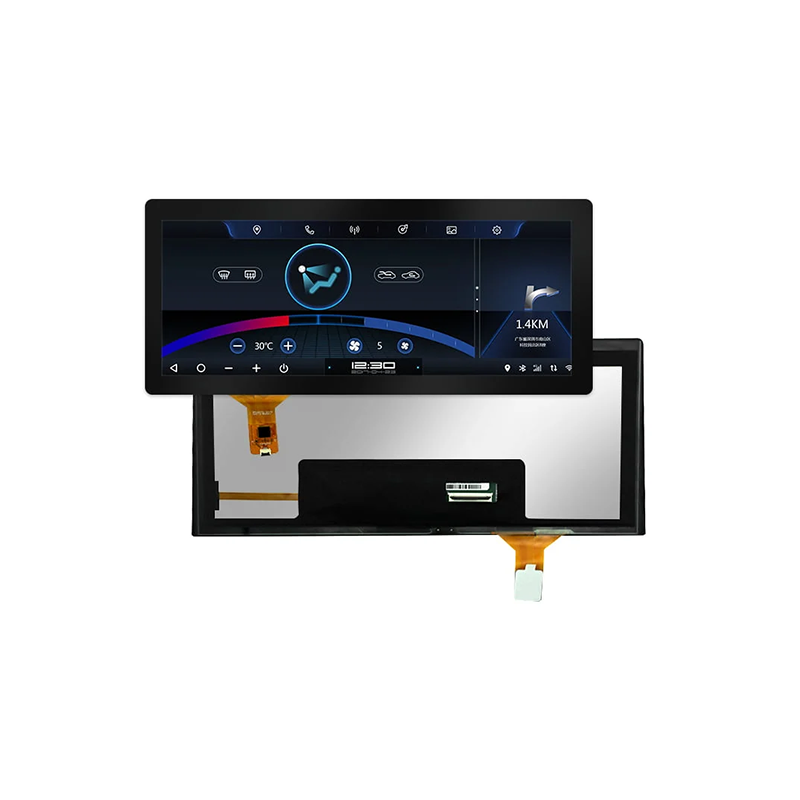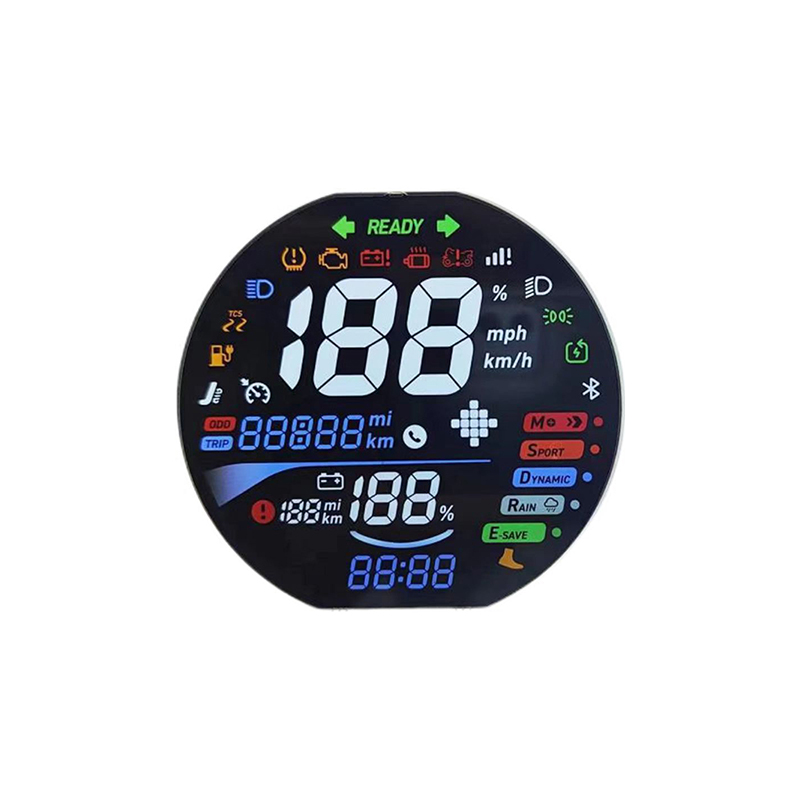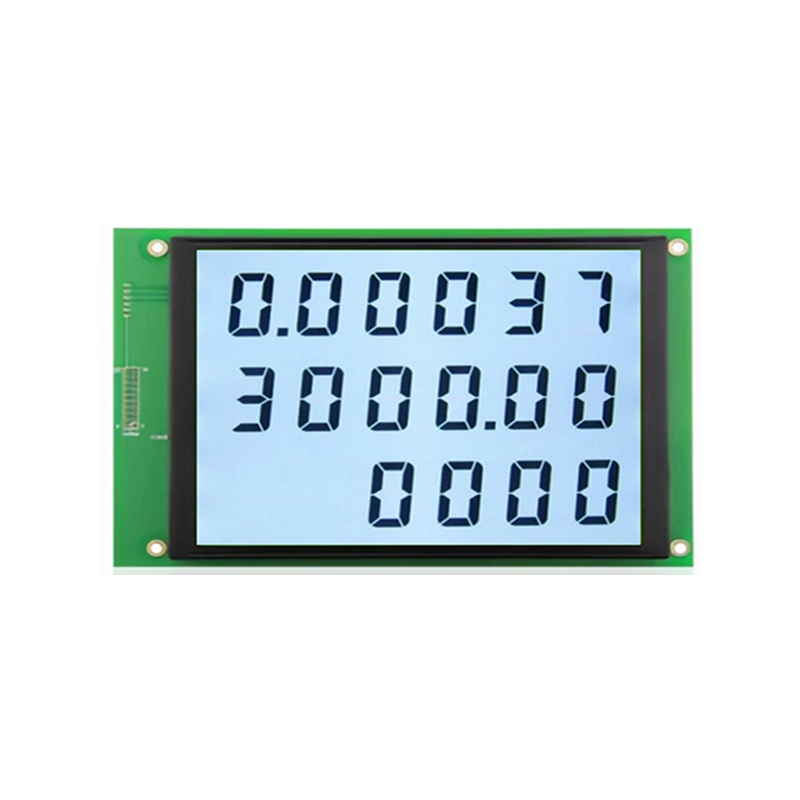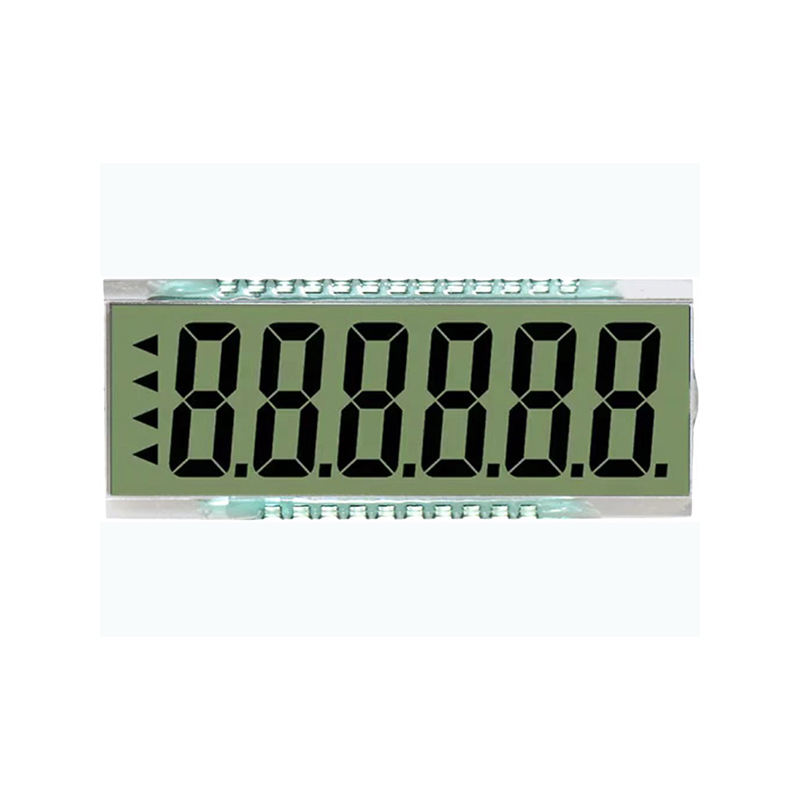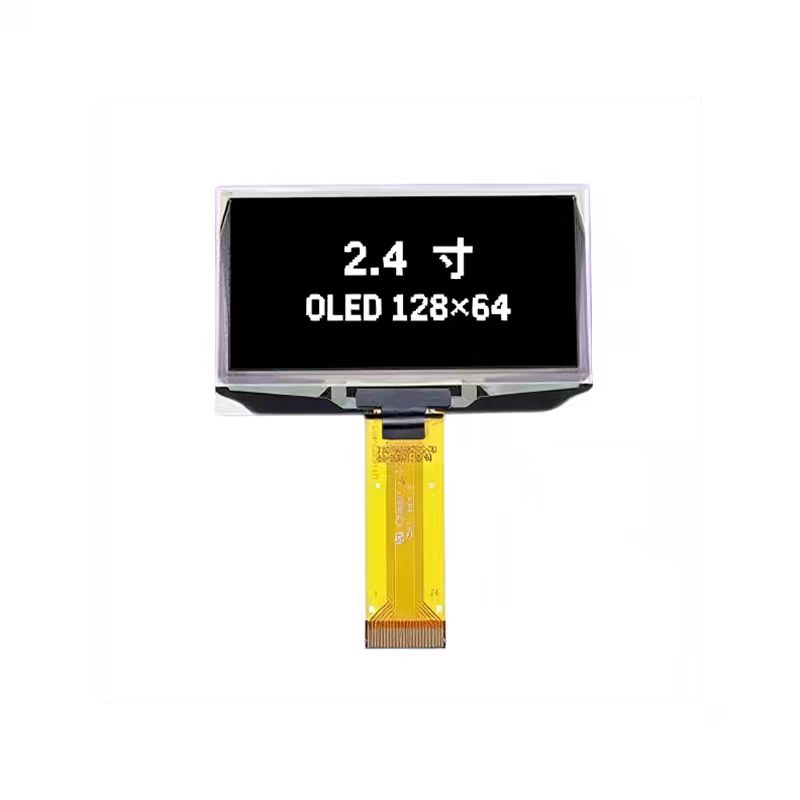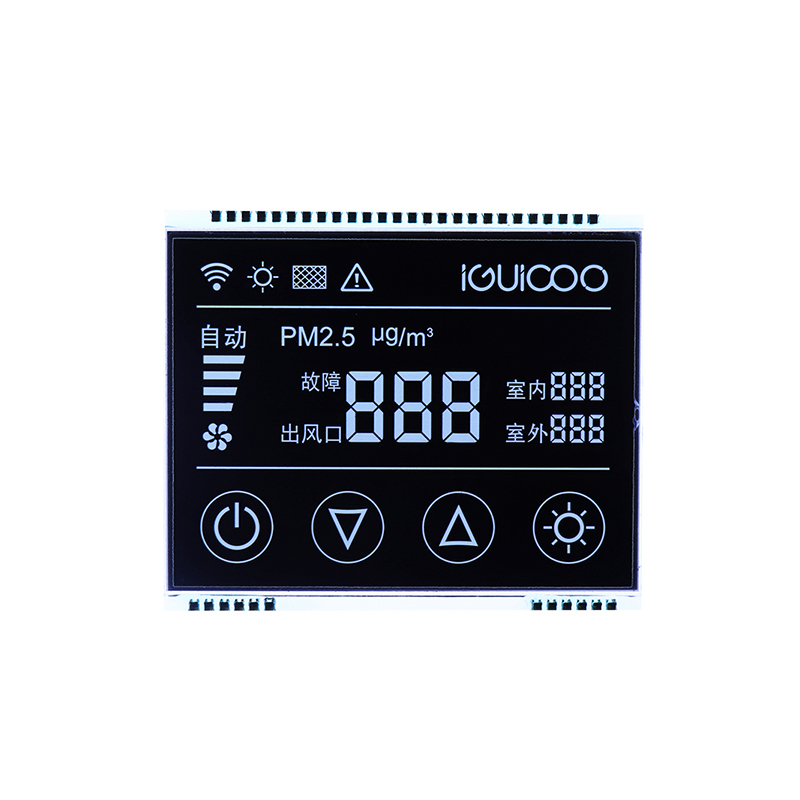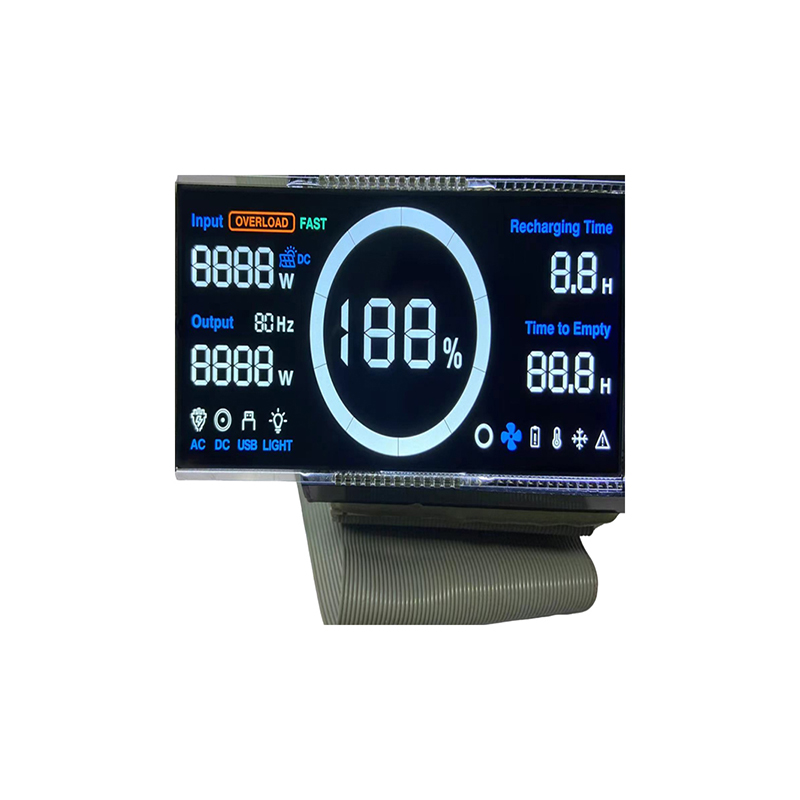
Selecting the right Arduino OLED I2C display is crucial for any project involving data visualization or user interfaces. This comprehensive guide helps you navigate the options available, considering factors such as resolution, size, color, and ease of integration. We'll explore several top contenders and provide insights to help you make an informed decision.
Before diving into specific products, let's briefly review the fundamentals. I2C (Inter-Integrated Circuit) is a widely used communication protocol enabling simple and efficient data transfer between microcontrollers like the Arduino and peripheral devices, such as Arduino OLED I2C displays. OLED (Organic Light-Emitting Diode) displays offer superior contrast, wider viewing angles, and faster response times compared to traditional LCDs. The combination of I2C and OLED results in a user-friendly and visually appealing display solution for various applications.
The market offers a diverse range of Arduino OLED I2C displays. Here's a closer look at some popular choices, comparing their key specifications and capabilities:
This widely used display offers a good balance between resolution and size. It’s readily available, inexpensive, and easy to integrate with Arduino. Its compact size makes it perfect for wearable devices or small projects.
Slightly larger than its 0.96-inch counterpart, the 1.3-inch display provides more screen real estate for displaying information. This makes it suitable for projects needing more detailed graphics or larger text.
This model offers a higher resolution compared to the previous two, allowing for sharper images and finer details. The square format is ideal for applications requiring a more balanced aspect ratio.
While monochrome displays are common and cost-effective, color Arduino OLED I2C displays are becoming increasingly popular. These offer richer visuals and enhanced user experience, but generally come at a higher price point. Consider the specific needs of your project when weighing this option.
Selecting the best Arduino OLED I2C display depends on the specifics of your project. Consider the following factors:
Connecting a Arduino OLED I2C display to your Arduino is straightforward. Typically, you only need to connect the VCC, GND, SDA, and SCL pins. Numerous libraries are available to simplify programming. Adafruit's library, for example, is widely used and well-documented. Remember to consult the specific datasheet for your chosen display for detailed connection diagrams and programming instructions.
This guide provides a solid foundation for selecting and integrating the ideal Arduino OLED I2C display for your projects. By considering factors like resolution, size, color, and ease of use, you can ensure a successful implementation. Remember to always refer to the manufacturer's documentation for specific details and recommendations.
For high-quality LCD and OLED display solutions, consider exploring the offerings of Dalian Eastern Display Co., Ltd. They offer a wide variety of options to suit different needs and project requirements.

